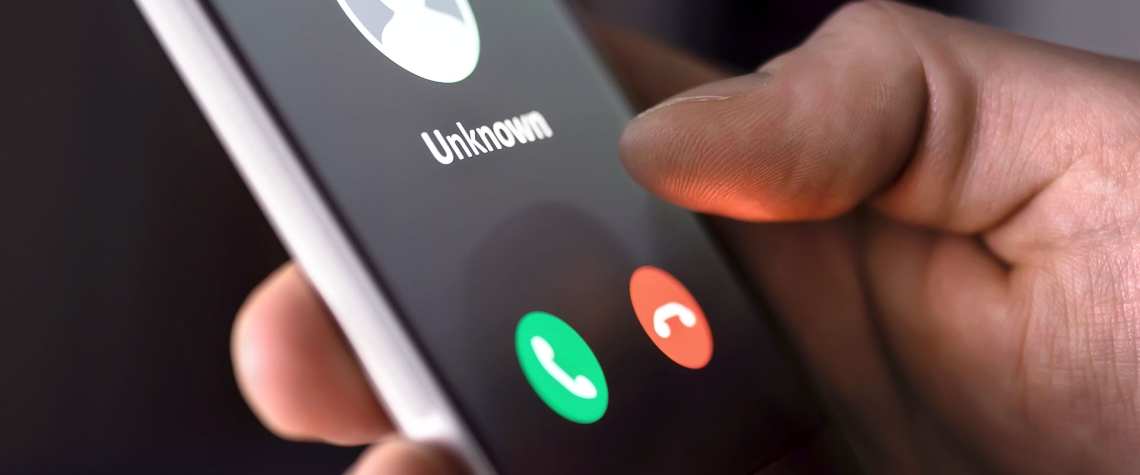
Don’t Give Real Money to Fake Charity Scams
Be on the lookout for charity scams, which can include deceptive practices by both real and fake organizations that are more interested in taking than giving.
Each year, Americans give more than $400 billion to charity, and scammers want to cash in on our generosity and compassion. Let’s look at the warning signs for charity scams, how to avoid them, and ways to make sure your money goes to a good cause.
How Fake Charity Scams Work
Don’t be fooled. Fake charity scams are designed to look real and play on your heartstrings. But in reality, little or even none of your money will be used to fund good works. For example, to gain sympathy, a criminal may start a fake charity to capitalize on a current event, like a public health emergency or natural disaster. They may also run a scam charity that sounds like a real one or pretend to be affiliated with a charitable organization, hoping you won’t check for details.
Fake charity appeals for your money can take different forms. You may receive a call or email asking for funds and thanking you for a donation you don’t remember making. That’s a trick that scammers use, so you’ll let your guard down and be more willing to listen to the caller’s pitch. Social media and crowdfunding site pitches use similar tactics to seem legitimate. You’ll see real-looking photos and read stories that tug at your heartstrings – all designed to tug your money out of your pocket and into the scammers’ hands.
How to Protect Yourself
You can avoid falling for scams by being smart about how you give. Here are some steps you can take:
- When donating, use a payment type that’s easy to track, like a check or credit card.
- Don’t donate cash or gift cards or use wire transfers.
- Don’t trust unsolicited charity emails. These could be a phishing scam designed to steal your financial information. DON’T click on any links, and delete the message.
- Watch out for phone calls. A phone call that appears to be from a charity could also be a scam. Criminals use a trick called spoofing to disguise their caller ID information to look like a well-known organization. If the call seems suspicious, just hang up.
- Beware of requests for personal or financial information. A legitimate organization won’t ask for this.
- Don’t be pressured into donating immediately. A real charity can wait until you’re ready and won’t make you feel guilty or selfish if you don’t donate right away.
How to Make Sure Your Money Goes to a Good Cause
To make sure you’re giving to a legitimate charity, here’s what you can do:
- Do your research before donating. You don’t have to trust a charity just because it has a professional-looking website. Look up a charity’s rating with Give.org, CharityNavigator.org, or CharityWatch.org.
- If you’re not sure which charity to donate to, you can search online for a cause you believe in and phrases like “best charity” or “highly rated charity.”
- Avoid charities that are vague about where your donation goes or tell you your donation is tax-deductible when it’s not.
- You can search the IRS’s online database of tax-exempt organizations at IRS.gov. Donations to some organizations are not tax-deductible.
What to Do If You Are a Victim of a Charity Fraud
If you make a donation and have concerns you may have been scammed, here are some steps you can take to protect yourself:
- Review your banking and credit card statements to confirm your donations were charged correctly, and that you aren’t charged automatically every month.
- Contact your financial institution if you see any unauthorized charges.
- Report suspicious charities to the Federal Trade Commission at ReportFraud.FTC.gov or your state consumer protection office. Also, contact your local police department.
Many deserving organizations depend on our financial support to do their work, whether it’s feeding the hungry, serving veterans, or finding the cure for a disease. Choose your charity carefully so you can be sure that your money is going to a great cause. Call us at (877) 773-6605 to learn more about protecting your finances.

